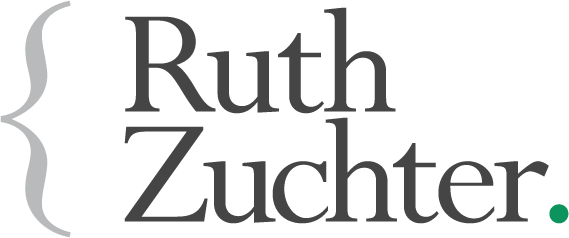The Value of Reputation in Your Freelance Business (a.k.a. reputation as a pull strategy)
honesty | discipline | hard work | initiative | mutual respect | connecting people | being a good human being
About a year ago, on a five-hour, cross-country flight, when I should have been preparing for the meetings I would have once the plane landed, I found myself musing on my relationship with the client whose work I was travelling to complete. After reviewing the ups and downs over the years with said client, I documented the 20 fundamental things I stand for as a professional freelancer, a business owner, and ultimately, a human being trying to make my way in this world.
Now, six years into my freelance life (and those, after more than a dozen years in the professional arena), I believe that if you were to poll people I’ve worked with, they’d say that what makes me “me”—as a colleague, a manager, a business partner, a service provider—is that I hold myself to a very high standard that’s built upon personal characteristics like honestly, discipline, strong work ethic and mutual respect.
I’ve built a reputation based upon what I stand for.
This reputation has kept me steadily working, if not too busy at times, these past six years. And I can say with pride that up until the last year or so, about 75% of my business came from three main sources: former colleagues; former clients; and referrals from former colleagues and clients.
The remaining 25% or so comes from organic search and social media channels, including my website, LinkedIn and Twitter, where I maintain a regular but low-intensity presence. Otherwise, I do very little marketing and promotion, and have yet to advertise my services in any formal way.
And still, I’m as busy as I want to be.
How does this work? Simply, how you conduct yourself and the reputation you develop among your peers sticks with you from job to job, career to career. Demonstrate that you’re a hard worker who has respect for colleagues and clients, and you’ll become known for that behaviour. Likewise, show that you’re willing to cut corners or throw people under the bus, and you’ll also develop a reputation for such characteristics.
In this way, then, a strong reputation can work as a “pull mechanism”—something that attracts people to you, both personally and professionally. And it might just be one of the easiest and least expensive marketing tactics around! If your reputation is built upon your innate personal qualities and the things you stand for, then it takes little investment to nurture that reputation and put it out into the world in an organic way (i.e., just by being yourself!).
A “pull strategy” aims to get clients to come to you, rather than going to them. It typically works best with highly visible brands, or where a solid brand reputation has already been developed. A common example is using social media posts to build one’s reach and demand among new clients.
What’s important to understand about this: Professional reputation goes both ways; clients (or prospects) have reputations that affect how business gets done, just the same as freelancers and service providers. I’ve experienced clients behaving badly every step along my career:
treating contractors like less-than-human beings;
bad-mouthing other service providers, colleagues or people in general;
quibbling about fees even while receiving competitive rates and great value…
As much as possible, I want to work with people who live by the same credos as I do. And when I live by my own values, I’m better able to find those like-minded professionals who do the same. (I swear to you, those people are out there! It’s taken a whole lot of trust—something I continue to try to cultivate!—but time and again, I’ve proven to myself that professional, honest and respectful partners are out there and need my particular form of art/skill/magic.)
A positive reputation is the pull, when other promotional activities are a push.
If you’ve built a positive reputation for yourself, people you’ve interacted with along your journey to freelancing will want to work with you, even if you’re a “business of one.”
Try it:
Take the time to consider and then document the “things you stand for.” This could be strictly from a professional perspective, or if you’re like me and you put a lot of yourself into your work, you could cast the net wider, to consider your personal qualities and how those play into the way you do business.
For reference: Here’s the list of 20 things I stand for, broken out by personal and professional qualities.


